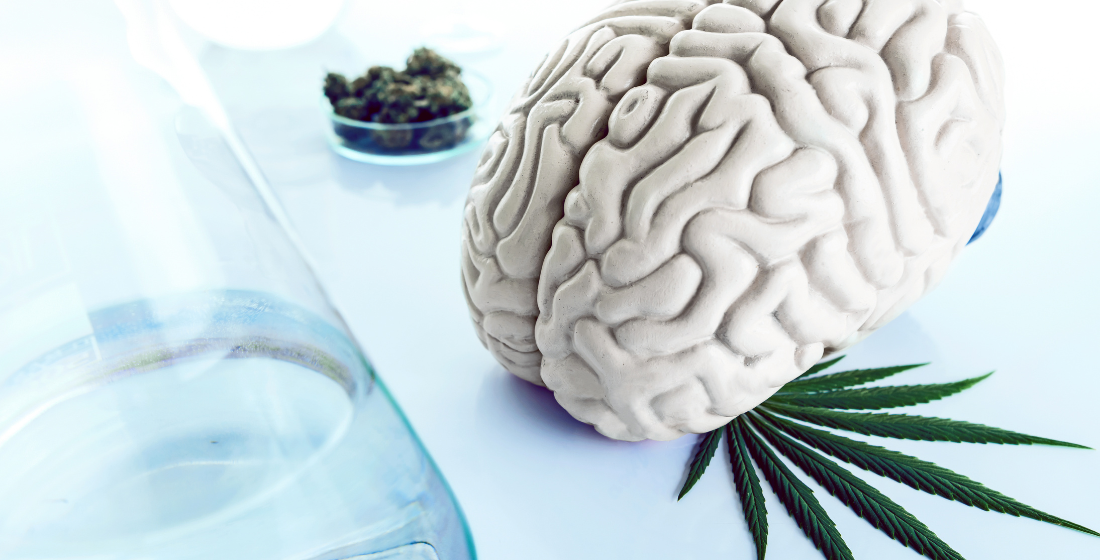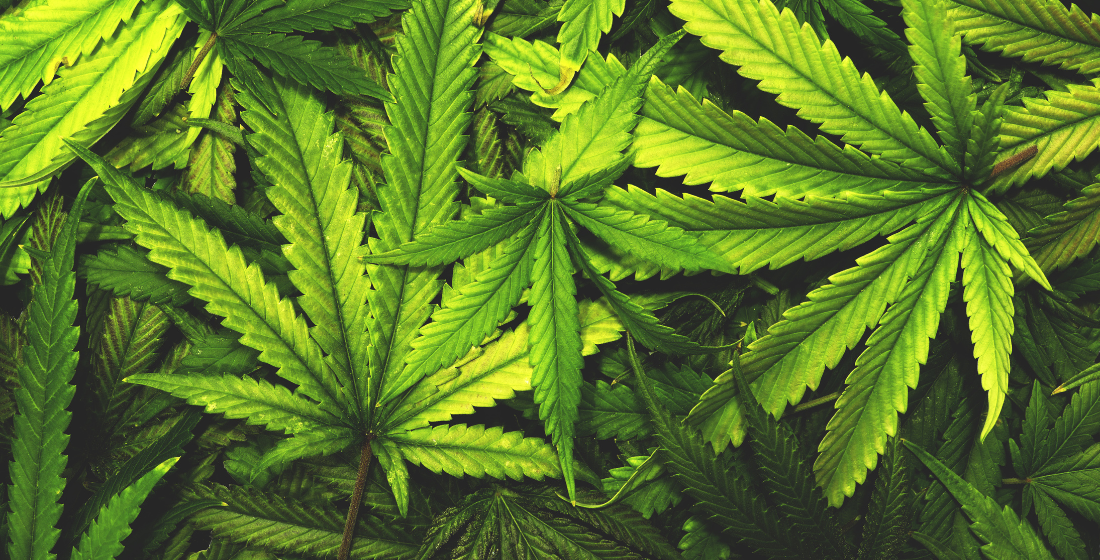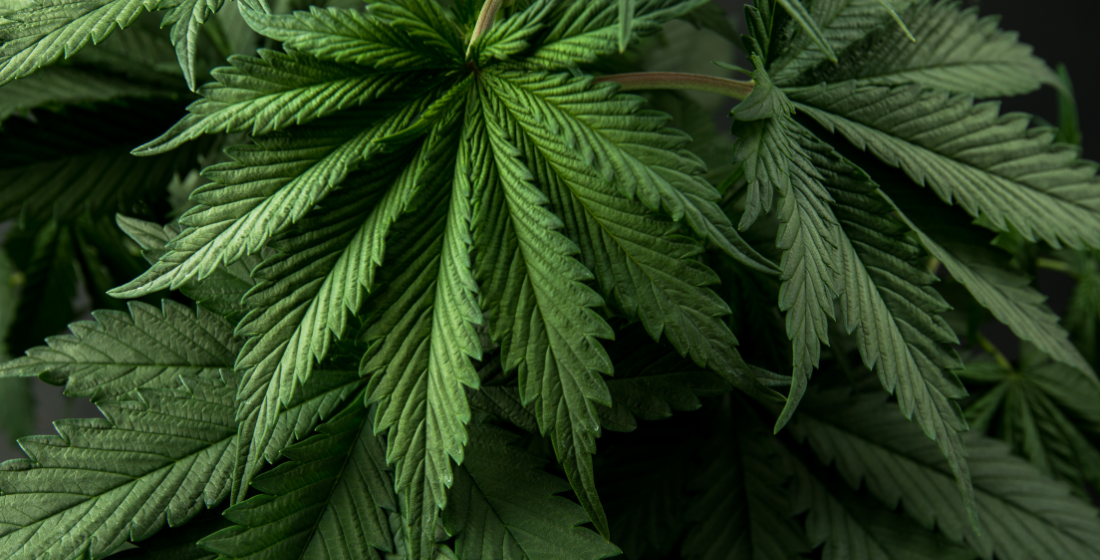Cannabis and the Brain: Effects on Memory and Attention
As the global perception towards cannabis shifts, with increasing legalization and acceptance, understanding its effects on the brain is more crucial than ever. This article delves deep into the various ways cannabis interacts with our cognitive functions, with a special focus on memory and attention. Cannabis and Memory: A Delicate Relationship While cannabis is known…

As the global perception towards cannabis shifts, with increasing legalization and acceptance, understanding its effects on the brain is more crucial than ever. This article delves deep into the various ways cannabis interacts with our cognitive functions, with a special focus on memory and attention.
Cannabis and Memory: A Delicate Relationship
While cannabis is known to impact short-term memory processes, the effects are largely reversible, especially if consumption starts after the brain has fully developed.
The Impact on Memory Formation
THC, a primary active compound in cannabis, modifies the way the hippocampus, a brain region crucial for memory formation, processes information. As a result, disruptions in learning and the recollection of recent events can occur. Fortunately, long-term memories remain unaffected.
Reversibility and Brain Health
The silver lining here is the reversibility of these memory effects. Within weeks of abstaining from cannabis, many users observe improvements in memory. However, it’s worth noting that those who begin cannabis consumption early, before their brain fully matures, might face higher risks of enduring cognitive changes. Regardless, cutting down or ceasing cannabis use can positively influence cognitive health, emphasizing the importance of personal agency in preserving brain health.
Cannabis and Attention: Beyond the Stereotypes
Cannabis has a nuanced relationship with attention, and while some users report heightened focus, scientific evidence leans towards its detrimental effects on sustained attention.
Understanding the Science
Despite some anecdotal claims, scientific research indicates that cannabis can impair attention span, particularly the ability to concentrate for extended periods. Other cognitive domains, such as decision-making, flexibility, and learning, may also be affected.
Perception vs. Reality
But why do some users feel more attuned after cannabis consumption? It might be attributed to the plant’s ability to alleviate certain emotional stresses, providing a false sense of clarity. It’s essential to address underlying physical and emotional needs before relying on cannabis for focus.
References:
Schoeler, T., & Bhattacharyya, S. (2013). The effect of cannabis use on memory function: an update. Substance abuse and rehabilitation, 11-27.
Solowij, N., & Battisti, R. (2008). The chronic effects of cannabis on memory in humans: a review. Current drug abuse reviews, 1(1), 81-98.
Becker, B., Wagner, D., Gouzoulis-Mayfrank, E., Spuentrup, E., & Daumann, J. (2010). The impact of early-onset cannabis use on functional brain correlates of working memory. Progress in Neuro-Psychopharmacology and Biological Psychiatry, 34(6), 837-845.
Cosker, E., Schwitzer, T., Ramoz, N., Ligier, F., Lalanne, L., Gorwood, P., … & Laprévote, V. (2018). The effect of interactions between genetics and cannabis use on neurocognition. A review. Progress in Neuro-Psychopharmacology and Biological Psychiatry, 82, 95-106.
Solowij, N., & Pesa, N. (2010). Cognitive abnormalities and cannabis use. Brazilian Journal of Psychiatry, 32, 531-540.
Kollins, S. et. al. (2015, Jan). An exploratory study of the combined effects of orally administered methylphenidate and delta-9-tetrahydrocannabinol (THC) on cardiovascular function, subjective effects, and performance in healthy adults. Journal of substance abuse treatment, 48(1), 96-103. https://doi.org/10.1016/j.jsat.2014.07.014
Lee, S. et. al. (2011). Prospective association of childhood attention-deficit/hyperactivity disorder (ADHD) and substance use and abuse/dependence: a meta-analytic review. Clinical psychology review, 31(3), 328–341. https://doi.org/10.1016/j.cpr.2011.01.006
Mitchell, J. T. et. al. (2016). “I Use Weed for My ADHD”: A Qualitative Analysis of Online Forum Discussions on Cannabis Use and ADHD. PloS one, 11(5), e0156614. https://doi.org/10.1371/journal.pone.0156614
Tamm, L., Epstein, J. N., Lisdahl, K. M., Molina, B., Tapert, S., Hinshaw, S. P., … & MTA Neuroimaging Group. (2013). Impact of ADHD and cannabis use on executive functioning in young adults. Drug and alcohol dependence, 133(2), 607-614.
Poleg, S., Golubchik, P., Offen, D., & Weizman, A. (2019). Cannabidiol as a suggested candidate for treatment of autism spectrum disorder. Progress in Neuro-Psychopharmacology and Biological Psychiatry, 89, 90-96.
Roncero, C., Valriberas-Herrero, I., Mezzatesta-Gava, M., Villegas, J. L., Aguilar, L., & Grau-López, L. (2020). Cannabis use during pregnancy and its relationship with fetal developmental outcomes and psychiatric disorders. A systematic review. Reproductive Health, 17(1), 1-9.
Similar Posts
Basics of Cannabis: Facts, Statistics and Active Components
The popularity and therapeutic potential of cannabis have made it a focal point of research and debate. Whether you’re considering its medicinal properties or just curious about its effects, understanding the basics of cannabis is essential. This article delves into the facts, statistics, and active components that make up this multifaceted plant. The Psychoactive Powerhouse…
Marijuana withdrawal: What are the symptoms and how can one cope with them?
Cannabis, popularly known as marijuana, has become an integral part of many people’s lives. However, like many substances, quitting it can lead to certain withdrawal symptoms. In this article, we will explore the withdrawal symptoms associated with marijuana and offer strategies to cope with them effectively. Withdrawal symptoms and other difficulties An in-depth look at…




